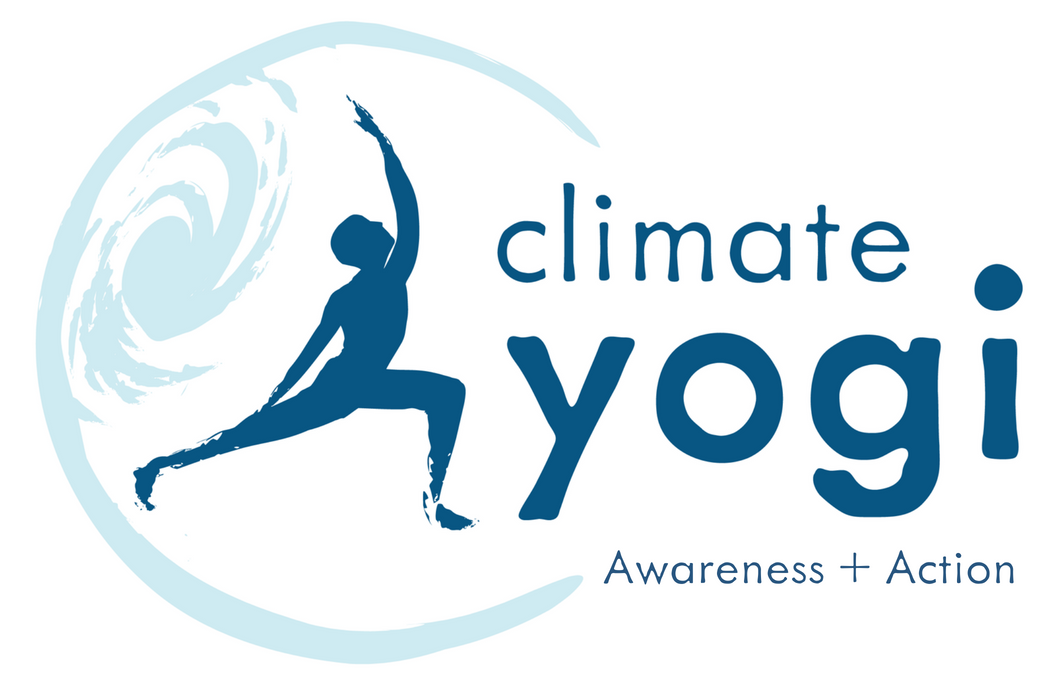Creating the Future
The most sustainable society is the one which passes forward the best possibilities to future generations. -Alex Steffen
What kind of world do you want to live in and leave for future generations?
That may seem like a pointless question, since the world is such a big place and it seems that that fate of the world is decided by others with more money and more power. But the counter point is that acquiescing to that feeling of powerlessness only serves to reinforce it. We have our individual power of choice, and when that comes into alignment with millions of other people it can transform the world, in spite of the entrenched power structures. Things seem impossible, until they happen. That is how it will be with climate change too, I expect.
In 2018, two years after the nations of the world agreed to the Paris climate accord, carbon emissions set another record. Yet underneath that dark cloud, the signs of change are growing. The youth of the world are speaking loudly and marching by the millions to call for action. Solar and wind energy is now less expensive than any form of fossil fuel to generate electricity. Change will come. We have a choice to passively let the wave of change crash over us, hoping things work out OK, or we can have an active vision for the future and work to bring it to fruition.
The reason it is essential to reduce global warming emissions now is that greenhouse gases, like carbon dioxide, stay in the atmosphere for many decades, even centuries. The warming impact is cumulative as we continue to add record amounts annually. Current science is clear that we must get emissions under control within the next decade to avoid climate change that presents great danger to our food systems, coastal areas (where much of the world’s population lives), human health, and the survival of thousands of plant and animal species.
But a far greater change is needed than reducing fossil fuel use. As human population has grown and technology multiplied our power to change the world, the footprint of human impact all over the world has grown. We treat the lands and oceans merely as resources to exploit. We’re willing to destroy diverse forest ecosystems with thousands of species that have coevolved for millions of years so that we can plant monocultures of soybeans or palm oil trees. In 1700 just 7 percent of the world’s land area was used for agriculture. By 2005, this had grown to 40 percent. Almost half of all the land on earth. Thousands of species are now declining and will go extinct unless major changes are made. Extinction is not reversible.
We’re the first humans to face this issue - the potential - or perhaps more truthfully the certainty - that without a transformation in how humans view their place on earth and their responsibility for its well-being, the rich and diverse living system that our own life depends on will continue to degrade and decline. An essential truth that many still fail to grasp is that at some point this decline will threaten human survival as well, and no one knows, as earth’s life diminishes, when the thread will get pulled that unravels the whole fabric and the damage becomes unstoppable.
This is hard; and it is the greatest opportunity for transformative change that I can imagine. We’re the ones alive at the time when change is required. There’s no kicking the can down the road. This is a time when action is truly consequential. This is a time for the deepest intentions to be manifested through our action.
I want to live in a world where people do not abuse and exploit other people or any other form of life; where conflict is resolved without violence; where all beings have the opportunity to flourish; a world with clean air and water and thriving natural environments. -Galen Tromble
What kind of world do you want to live in and leave for future generations? Write it down. Talk about it with family and friends. Refine your vision and hold it as an intention to guide your life. Yoga teaches that our lives are most effective and have the most impact when our actions are guided by a strong and clear intention. Live your life in fulfillment of your intention. When it seems impossible, remember that it is always like this: things seem impossible, until they happen.


